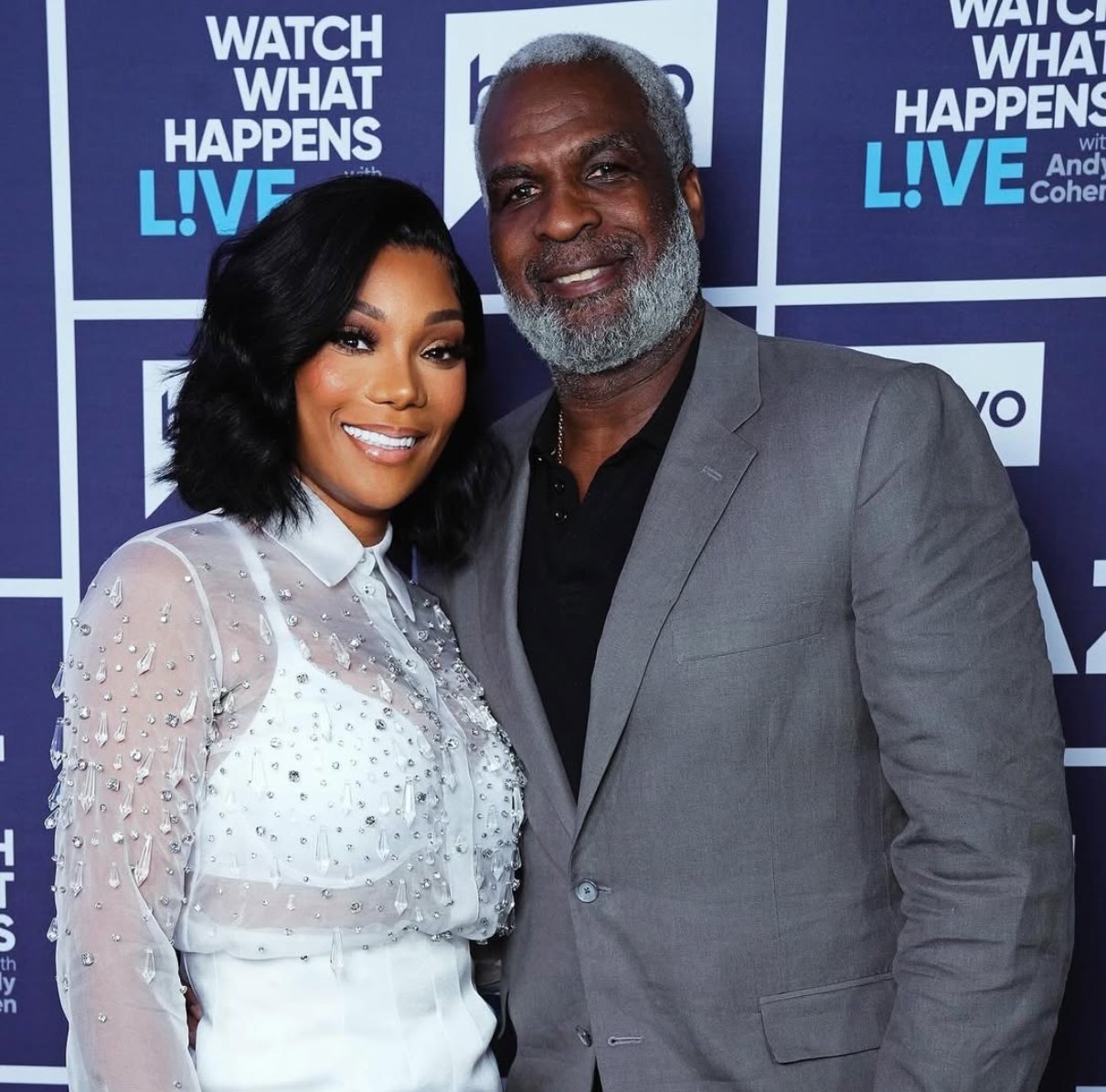After “The Real Housewives of New Jersey’s” Dolores Catania was diagnosed with a heart condition earlier this year, she learned she needed a procedure to treat it. In the days leading up to it, she felt anxious and turned to food for comfort.

“I’m a nervous eater,” the Season 3 winner of the Traitors tells TODAY.com. “I was eating, and there was nothing telling me to stop.”
About seven months ago, Catania was driving when she “felt a sharp pain that radiated down (her) arm,” she shared on Instagram in June. Then, she began experiencing consistent heart palpitations that were “actually making (her) cough.”
“Sometimes you get a little flutter in your heart,” she says. “You can feel like a little butterfly (in your chest). You can think it’s anxiety. But sometimes it’s not anxiety, it’s your heart.”
Her rapid heartbeat caused her to worry, and she scheduled a doctor’s appointment.
“I felt a tickle in my throat,” she says. “I went to the cardiologist, and I said, ‘You know I’m starting to get scared. This is waking me up now.’”
The cardiologist placed her on a monitor to assess her heart function. Soon after the test, her doctor called her.
“He said, ‘You’re in AFib,’” she recalls. “He explained to me I needed to go see an electrophysiologist, and the next thing I know I was on … three different medications twice a day and I was scheduled for an ablation.”
AFib is a condition where the heart beats erratically and quickly, the Mayo Clinic notes. Without treatment, it can cause blood clots in the heart or contribute to an increased risk of stroke and heart failure. To treat it, doctors often perform an ablation, a procedure where they make small scars in the heart to prevent the signals that led to the irregular heartbeats, Mayo Clinic says.
Around the same time as her procedure, Catania realized that her coping mechanism of anxious eating also contributed to her not feeling her best. Too often, Catania ordered desserts and ate large portions. She had taken GLP-1 medications in the past and she recalled that it prevented her from overeating.
“I knew that portion control was so important,” Catania says. “When you’re on a GLP-1, it lets you know when you’ve eaten enough. It makes you feel full when you’ve had enough food.”
When she first started taking the GLP-1 again more than a month ago, she continued her some of her nervous eating habits, which caused her to be “violently nauseous.” Still, she saw results, so that kept her motivated to stay on the drug.
Catania started eating a high-protein diet, which helped her feel better. Her doctor also prescribed a medication to curb her nausea, but that caused constipation, creating a different kind of discomfort. Then she started taking Advanced Herbals Ginger Chews from the makers of Dramamine and found they helped ease the nausea she experienced associated with her medication.
“So many people quit the GLP-1s before they even get started because of the nausea,” she says. “You can control the nausea.”
In addition to the dietary changes, Catania works out four times a week to prevent “the loss of muscle mass.” So far, she feels pleased by the changes she’s noticed in her body.
“When I was not eating correctly or eating too much before the GLP-1s, spending all the money on a trainer, going to the gym — that I hate to do more than anything — I didn’t see results,” she says. “Now I see results.”


-1751376867-q80.webp)
